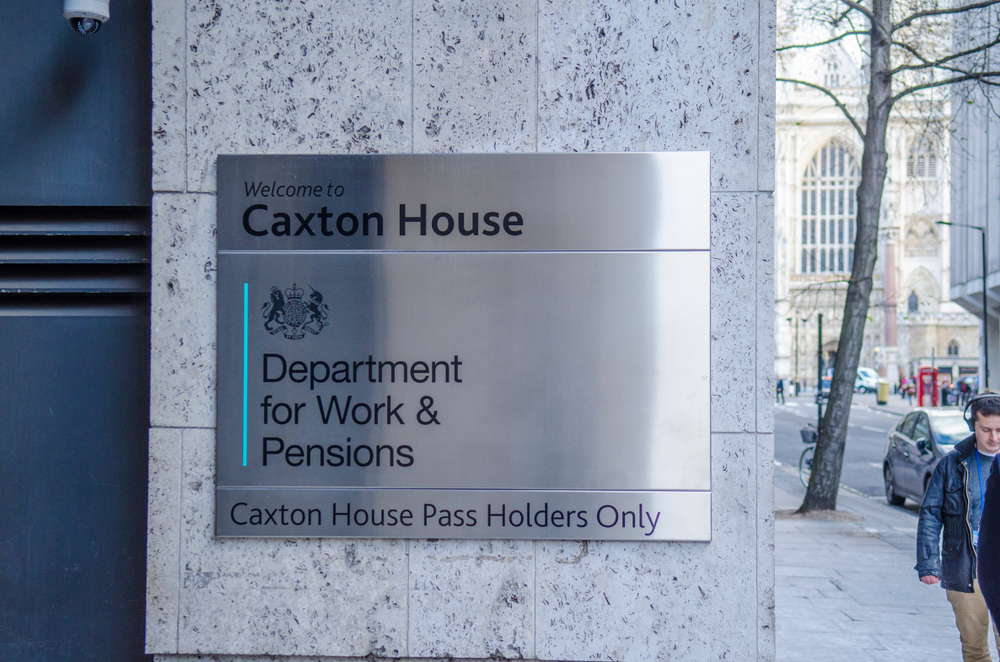Smaller pension schemes could be “forced into consolidation” by rising compliance costs and new proposals from the Department for Work and Pensions (DWP), Buck has said.
The comments came as the DWP’s consultation on improving outcomes for members of defined contribution (DC) pension schemes closed, with some of the measures proposed likely to come into force in October 2021.
The proposals include wind-up expectations for small DC schemes, with trustees of DC schemes with assets below £100m set to be required to assess and report on how their scheme presents value for members.
Buck head of Knowledge Resource Centre, Gary Crockford, said: “One area for concern is around the cost of compliance, especially for schemes with limited resources.
“If these new measures mean that compliance costs rise, then trustees and sponsors of smaller schemes, even those which currently provide good value for members, may well be effectively forced into consolidation by the pressure of meeting this cost.”
The issue of quantifying value has also caused some concern, with Crockford noting that defining the term is “a difficult, and somewhat contentious, task” that would need “to carefully weigh a whole range of factors, ranging from governance and administration to member communications and investment returns”.
Tisa head of retirement, Renny Biggins, said: “We believe that the statutory guidance has increased clarity on the areas which require assessment as a minimum, but it is important that sub optimal outcomes are not just based solely on fund performance.
“Scheme members are not a homogenous group and value for money is subjective: the stage that members are at in their retirement journeys, whether active or deferred, and the size of their pension wealth all contribute to an individual’s view of value for money. With that in mind, there will always be winners and losers when a scheme is wound up and consolidated.”
On the issue of the cost of compliance, Aegon pensions director, Steven Cameron, commented that most trustees “will need expert help in the assessment from employee benefit consultants”, adding that he believed that “three yearly rather than annual reviews would be more proportionate”.
Barnett Waddingham head of DC, Mark Futcher, was more positive as he pointed out that it would not just be small schemes being pressured to offer good value and argued that “the new proposals set out by the DWP will give trustees the impetus to drive more value for members and be more transparent about the outcomes”.
He continued: “For many, this may mean transferring their scheme into a master trust to take advantage of better investment opportunities and offer more cost-effective governance. For others it will present the opportunity to bring tangible initiatives to schemes already being well run.”
Crockford was concerned that things would not be quite so equal under the new proposals, worrying that the requirements could lead to “a two-tier ‘value for member’ system – one that is more stringent for schemes less than £100m and less stringent for larger schemes where more member money is at risk”.
He added: “Again, it will only be smaller schemes who may be unfairly scrutinised and penalised by the proposal. If these practical challenges can be overcome, then the proposed changes will be an important step towards improving outcomes for members.”
Whatever the result of the consultation, Futcher encouraged trustees and employers to “take action now to seek the best options for members”, adding that “as well as getting ahead of regulatory changes, there’ll be an added benefit of avoiding inevitable capacity issues down the line as trustees and employers rush to seek out the best providers and advisers”.
Cameron concluded: “It’s positive to see the government recognise the important role pension scheme investments play in supporting the UK economy. This consultation removes barriers to allow the largest pension schemes to invest in illiquid investments and while this is a worthwhile aim, it mustn’t take priority over the trustees’ key duty to protect member interests.”
Latest News
-
TPR urges trustees to ensure defaults reflect saver patterns
-
Spring Statement set to test pension stability as adequacy and tax pressures mount
-
Phoenix Group completes name change to Standard Life
-
PMI marks 50th anniversary with renewed focus on standards and education
-
Policy and geopolitical turmoil drive record share of DB sponsor profit warnings
-
Average simple pension transfer time falls to 10.2 days
THE ROLE OF INSURANCE LINKED SECURITIES (ILS) IN PENSIONS TODAY
Francesca Fabrizi sits down with Leadenhall Capital Partners Senior Managing Director, Alistair Jones, to talk about the role of Insurance Linked Securities (ILS) in pension fund investing today
Private markets – a growing presence within UK DC
Laura Blows discusses the role of private market investment within DC schemes with Aviva Director of Investments, Maiyuresh Rajah
Podcast: From pension pot to flexible income for life

Podcast: Who matters most in pensions?

In the latest Pensions Age podcast, Francesca Fabrizi speaks to Capita Pension Solutions global practice leader & chief revenue officer, Stuart Heatley, about who matters most in pensions and how to best meet their needs
© 2019 Perspective Publishing Privacy & Cookies








Recent Stories